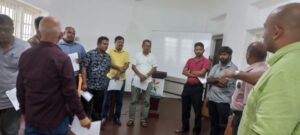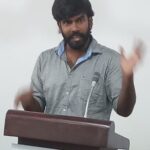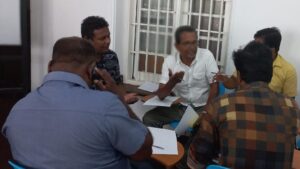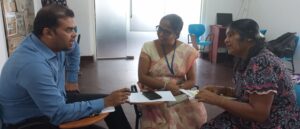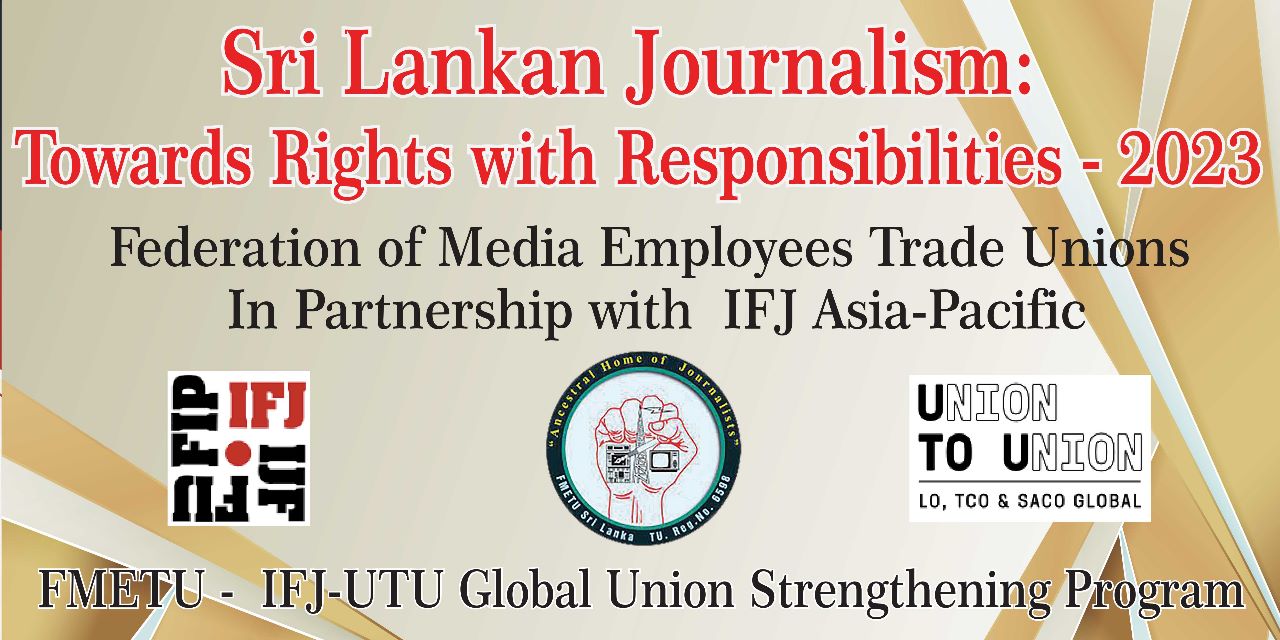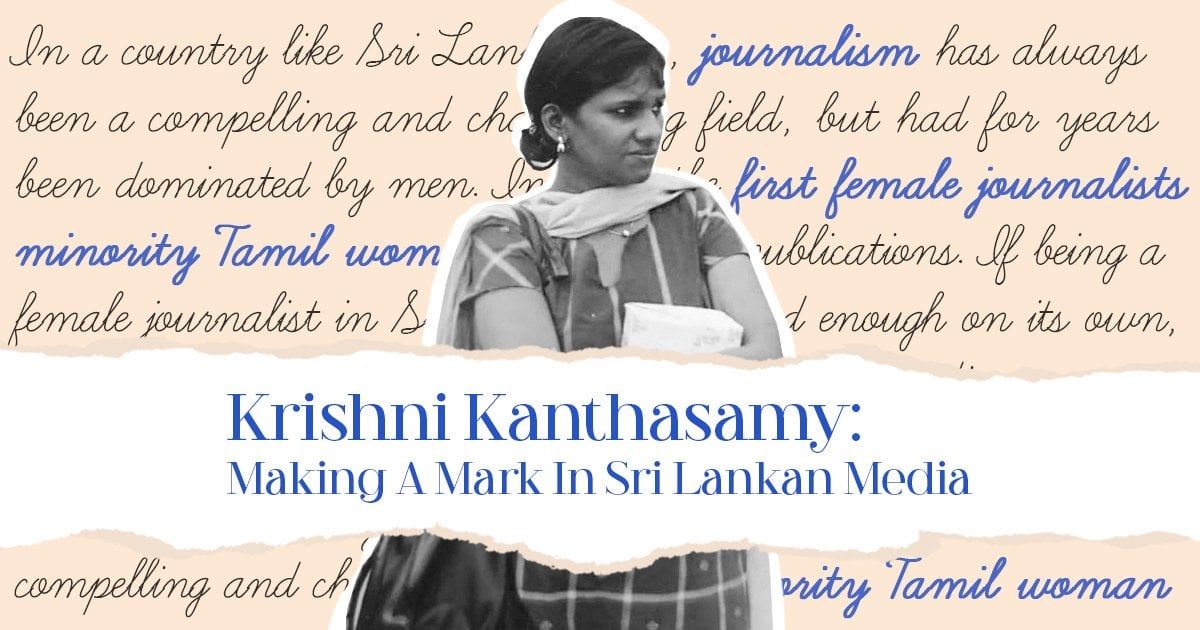Israel and Palestine: IFJ calls on UNESCO to protect journalists

Brussels, 13 October 2023 – Since the outbreak of the armed conflict between Hamas and Israel, the International Federation of Journalists (IFJ) has been in constant dialogue with its Palestinian affiliate, the Palestinian Journalists’ Syndicate (PJS), who organise journalists in the Gaza Strip, as well as being in contact Israeli journalists. The IFJ and its affiliates around the world call on Unesco to do its utmost to protect journalists and demand that the warring parties de-escalate the violence, which will only result in civilian casualties, particularly journalists.
Since 7 October 2023 and the first Hamas attack, thousands of Palestinian and Israeli civilians have been killed, including journalists and media workers. Among them, the IFJ counts many colleagues who have been killed, injured or kidnapped. On the night of 13 October 2023, the Israeli army asked more than one million Palestinians in the north of the Gaza Strip to move to the south of the territory in order to carry out military actions. The IFJ is concerned about the consequences for civilians and journalists. The IFJ therefore calls on both warring parties to respect international humanitarian law and the United Nations Charter.



